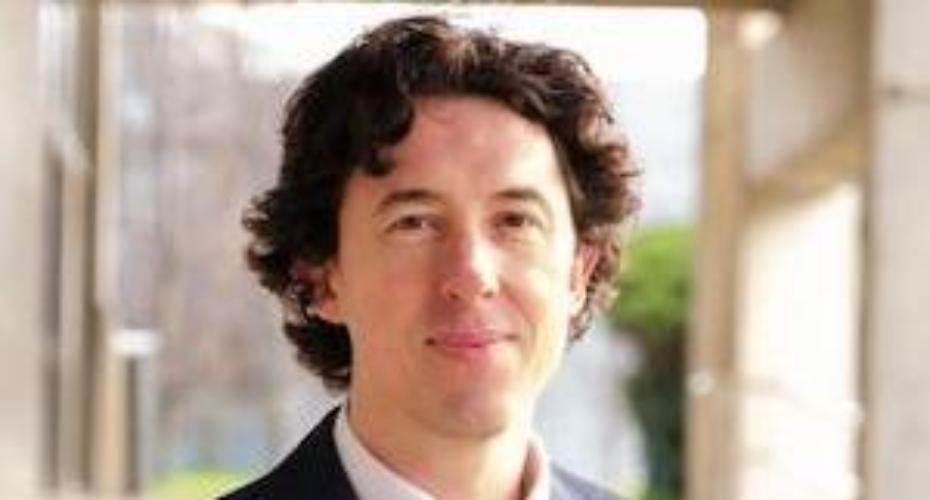This ambitious project will compare and contrast the experiences of refugees in the South China Sea and the Mediterranean, interrogating whether factors like ethnicity, religion, gender and economic capital determine who survives. It will also examine legislation and attitude changes pertaining to boat refugees over time.
“And we will be looking at whether these people get the asylum or sanctuary or protection that they are in search of. We are particularly interested in what certain authors have called the ‘carceral wet’ (Dixon 2021); detention centres used to house these people, that are sometimes on islands, like Lampedusa and Nauru, for example,” he says, of such centres in Italy and Australia, respectively. “We want to see whether this leads to actual asylum in the long run.”
Glynn’s project will trace the fates of boat refugees since the end of World War II. But, of course, it is as much a current issue as a historical one.
Last month British Home Secretary Suella Braverman introduced the Illegal Migration Bill, cracking down on the number of small boats crossing the English Channel. Soccer pundit Gary Lineker tweeted his criticism of the Tory government's immigration plan, calling it an “immeasurably cruel policy directed at the most vulnerable people in language that is not dissimilar to that used by Germany in the 30s”.
The BBC initially suspended Lineker but when several of his colleagues refused to work in solidarity, the broadcaster climbed down and reinstated him.
Glynn says it was “quite honourable” for Lineker to have the courage of his convictions, but feels that support for the footballer in this stand-off had more to do with his popularity.
“I wouldn't hold my breath about whether all the support Gary Lineker received was because everyone is against these policies that are being developed.”
Meanwhile the Irish State is now accommodating some 53,700 Ukrainians and almost 20,000 international protection applicants, most of whom come from Nigeria, Georgia and Somalia. Last November a series of anti-immigration protests began, many outside facilities housing these latter refugees.
Protest posters asked questions like, ‘Are these people vetted?’ and ‘Are our kids safe?’ and Ireland’s current housing crisis fed into the tension.
Glynn suggests there needs to be more of a collaborative approach with these communities.
